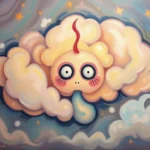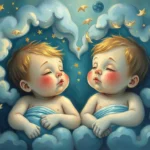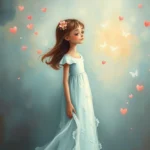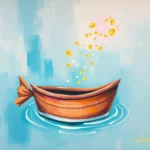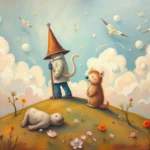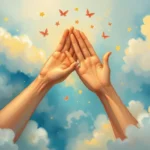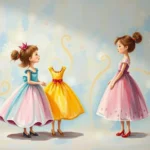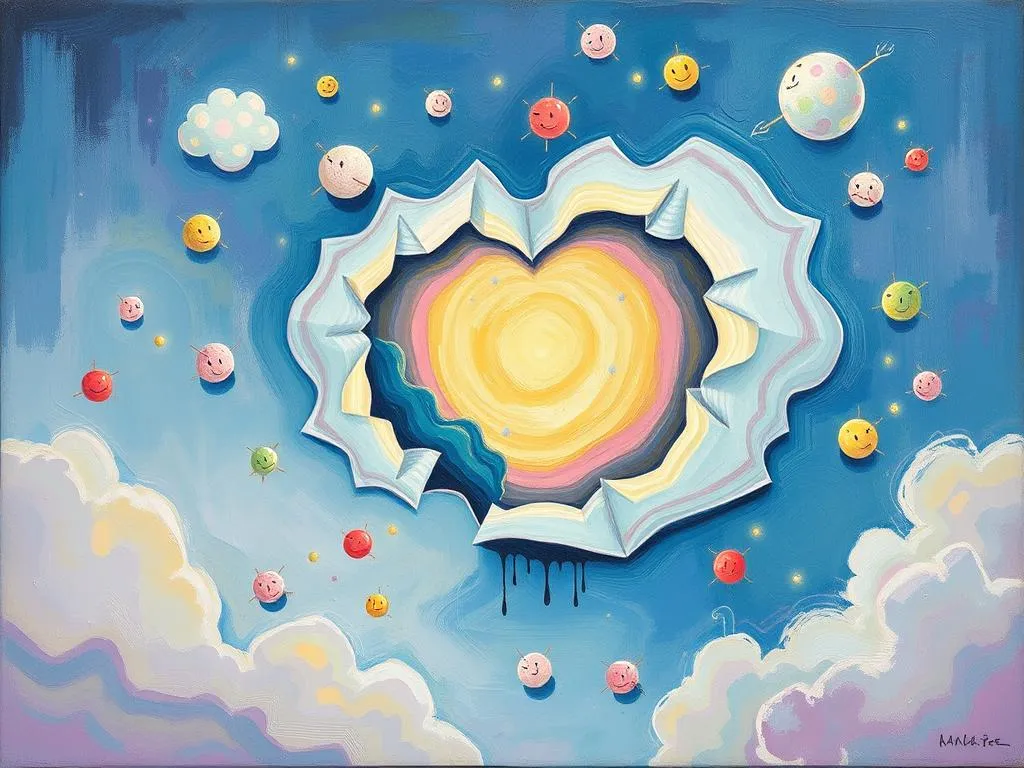
Dreams have long fascinated humans, serving as a window into our subconscious minds. Among the myriad of dreams we experience, humor dreams stand out for their ability to evoke laughter, joy, and sometimes bewilderment. The concept of comedy in dreams is not only intriguing but also rich in symbolism and meaning. Understanding why we dream of humorous scenarios can provide insights into our emotional states, coping mechanisms, and even our daily lives. This article delves into the symbolism and meaning of comedy dreams, variations of these dreams, and how they connect to our waking life, encouraging personal reflection along the way.
Symbolism and Meaning
The symbolism embedded within humor dreams often reflects various aspects of our lives. Laughter is a universal language, signifying joy, relief, and sometimes the absurdity of human existence. When humor appears in our dreams, it can represent our desire for levity amidst stress or confusion. The symbol of laughter itself often signifies liberation from worries, suggesting that the dreamer may be seeking a break from the burdens of reality.
One common symbol in humor dreams is the clown. Clowns are often associated with silliness and playfulness but can also carry a deeper meaning. They may represent an aspect of ourselves that yearns for freedom and expression, or they might symbolize our attempt to cope with difficult situations through humor. Alternatively, clowns can indicate feelings of being misunderstood or the pressure to maintain a cheerful facade despite underlying struggles.
Another prevalent symbol is the absurdity of the situations we find ourselves in, such as suddenly being in a ridiculous costume or engaging in nonsensical conversations. These scenarios can reveal our subconscious mind’s desire to break free from societal norms and expectations. They often highlight our need to embrace imperfection and accept that life doesn’t always have to be serious. In essence, when we encounter absurdity in dreams, it may be a gentle nudge from our psyche, encouraging us to approach life’s challenges with humor rather than dread.
Additionally, the setting of humor dreams plays a crucial role in their interpretation. A familiar location, such as a childhood home or a place of work, enhanced by comedic elements, can indicate unresolved feelings tied to those environments. For instance, if one dreams of a work meeting that turns into a slapstick comedy, it may reflect underlying stress about job performance or a need for camaraderie among colleagues.
Moreover, the people who populate our humor dreams can also be significant. Friends and family may symbolize comfort and support, while strangers or bizarre characters could represent unfamiliar aspects of ourselves or the challenges we face. The interactions we have within these dreams often provide clues about our relationships and emotional states.
Key Scenarios and Variations
Humor dreams can manifest in a multitude of scenarios, each offering unique insights based on context and content. For instance, one common variation is dreaming of falling in a humorous manner, such as slipping on a banana peel or tripping over an invisible object. This type of dream can signify a fear of failure or embarrassment in waking life, yet the comedic twist suggests a need to lighten up about these fears. The dream may be urging the dreamer to recognize that mistakes are a part of life and that it’s okay to laugh at oneself.
Another scenario involves ridiculous conversations with friends or family members. These dreams can often be a reflection of our real-life relationships and how we communicate. If the dialogue is filled with playful banter or absurd topics, it could indicate a desire for deeper connections or a reminder to not take things too seriously. On the other hand, if the conversations turn into misunderstandings or conflicts, it may point to unresolved issues that require attention.
Some dreams might involve a performance, such as giving a stand-up comedy routine or participating in a slapstick skit. These dreams can symbolize a desire for self-expression and creativity. They may point to the dreamer’s wish to be seen or recognized for their talents. Alternatively, if the performance goes poorly or is met with silence, it could evoke feelings of insecurity and a fear of judgment from others.
Dreams can also take on a more surreal quality, featuring talking animals or inanimate objects coming to life. These scenarios can serve as metaphors for our inner thoughts and feelings. For instance, a talking dog may represent loyalty and friendship, while a mischievous object like a dancing chair might symbolize the chaos and unpredictability of life. Such variations highlight the complexity of our emotions and how humor can be a way to process them.
The context of the dream can also shift interpretation. A humor dream experienced during a stressful period might reveal a coping mechanism, while one occurring after a joyful event may reflect a celebration of happiness. Similarly, humor dreams following significant life changes—such as a new job, moving, or a relationship shift—can indicate a transition period where the subconscious mind is trying to integrate various emotions.
Real-Life Connections and Takeaways
Understanding humor dreams can provide valuable insights into our waking lives, offering opportunities for self-reflection and personal growth. One key takeaway is the importance of not taking ourselves too seriously. These dreams often encourage us to embrace laughter as a coping strategy, reminding us that humor can be a powerful tool for navigating life’s challenges.
Reflecting on the scenarios and symbols in humor dreams can help us identify areas in our lives where we may be feeling overwhelmed or burdened. If a dream features a clown, for example, consider whether you are feeling pressured to maintain a facade of happiness. This could be an invitation to explore deeper emotions and find healthier ways to express them.
Another practical piece of advice is to pay attention to the people who appear in your comedy dreams. Consider what these individuals represent in your life. Are they sources of support, or do they evoke feelings of anxiety? This reflection can help you assess your relationships and identify any necessary changes or conversations that need to happen.
Additionally, humor dreams can serve as a reminder to cultivate joy and playfulness in your daily life. Engaging in activities that spark laughter—be it watching comedy shows, spending time with friends, or even trying your hand at improvisation—can enhance your overall well-being. Such practices can help you approach challenges with a lighter heart and a more open mind.
Finally, when reflecting on your humor dreams, consider keeping a dream journal. Jot down your dreams as soon as you wake up, noting the key symbols, emotions, and any notable figures or settings. Over time, you may uncover patterns that reveal deeper insights into your emotional landscape. This practice can foster greater self-awareness and help you navigate the complexities of your waking life with a sense of humor and resilience.
In conclusion, humor dreams offer a unique glimpse into our subconscious, blending symbolism, absurdity, and the inherent desire for joy. By exploring the meanings behind these dreams, we can gain insights into our emotional states, relationships, and coping mechanisms. Embrace the laughter that these dreams bring and allow them to inspire a more lighthearted approach to life’s challenges. Remember, the next time you find yourself in a hilariously absurd dream, it may be your subconscious encouraging you to keep smiling, even when life gets tough.
